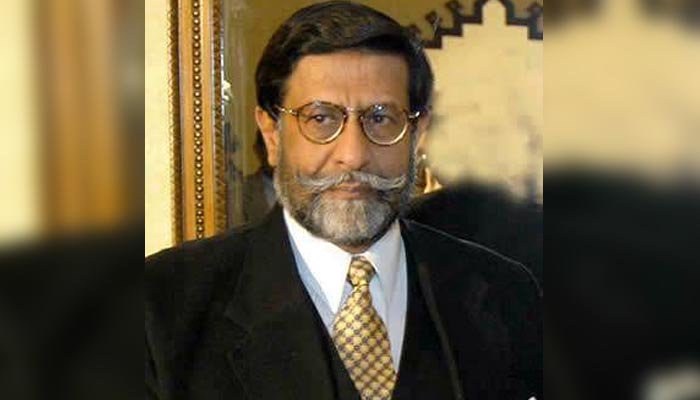مضمون کا ماخذ : میگا ملینز آن لائن ٹکٹ
Quality assurance mechanism of HEC
All the Higher Education Institutes (HEIs) of Pakistan should keenly focus on their education quality to meet the current professional, competitive and technology based market demands, otherwise the students with inappropriate learning and critical thinking may face difficulty in getting suitable jobs in the marketplace. In the same manner, the universities with poor education quality […]
All the Higher Education Institutes (HEIs) of Pakistan should keenly focus on their education quality to meet the current professional, competitive and technology based market demands, otherwise the students with inappropriate learning and critical thinking may face difficulty in getting suitable jobs in the marketplace.
In the same manner, the universities with poor education quality and governance may also taper off their market repute and may confront poor ranking among national and international universities. Currently, Higher Education Commission (HEC) of Pakistanis carrying out extraordinary efforts to develop quality culture in both public and private HEIs as per their designed policies and standards, which is commendably appreciable.
The echo of quality assurance in Higher Education of Pakistan was started in 2005 when Quality Assurance Agency (QAA) was established under the umbrella of HEC to properly implement the quality assurance mechanism in the HEIs.
This agency not only operates as a monitoring body but also acts as a policy making body to ensure and enhance the education quality of HEIs. Currently, two major sections are working under QAA namely Internal Quality Assurance (IQA) and External Quality Assurance (EQA).
One of the core objectives of IQA is to develop Quality Enhancement Cells (QECs) in all HEIs to implement all academic standards developed by HEC.
At present, IQA has achieved this milestone as QECs have been successfully established almost in all public and private universities of Pakistan.
The foremost responsibilities of QEC are to develop quality assurance processes, implement self-assessment mechanism and to conduct periodic academic audit of the degree programs to safeguard the quality standards of HEC.
To monitor the academic quality more comprehensively, HEC has also been productively implementing external quality assurance mechanism in HEIs which consists of Institutional Level Evaluation (ILE) and program level accreditation.
The ILE is carried out through applying equally important11 institutional performance evaluation standards and each university gains the performance based recognition on the basis of their level of implemented standards.
On the other hand, 9 independent and 5 HEC professional accreditation councils are also working to particularly monitor and ensure the quality of undergraduate programs of the HEIs.
In the same manner, quality assurance mechanism for MPhil and PhD programmes is also effectively working to impede sub-standardized graduate level degree programs of the HEIs.
Various monitoring committees are working under this mechanism to determine the extent to which the universities are following the quality standards.
Recently, HEC banned the admission of various universities who were providing substandard degrees to the students, showing the existence of strong monitoring mechanism for quality assurance.
As mentioned, HEC has developed a significant internal and external quality assurance mechanism for the enhancement of academic quality of HEIs, now there is a need that all HEIs must properly adopt and implement HEC specified policies and procedures for creating better learning and creative environment in their academic vicinities.
Although HEC has designed strong and comprehensive quality assurance mechanism, however a few points may also be considered by Higher Education Commission to more strengthen their quality mechanism.
First, the standards of accreditation councils may be more coherent with the standards of self-assessment mechanism. Second, the activities of research and development may be considered in QA mechanism more comprehensively.
Third, the impact of quality assurance mechanism may be increased in the university ranking criteria developed by HEC. Fourth, Higher Education Commission may also standardize the teaching load of the faculty members of HEIs because it is also one of the key antecedents of quality assurance.
Lastly, survey proforma of self-assessment may be re-tested to obtain more reliable and valuable output from all the concerned stakeholders.
The writer is Quality Enhancement Cell deputy director at the National College of Arts Lahore
Published in Daily Times, January 22nd 2018.













